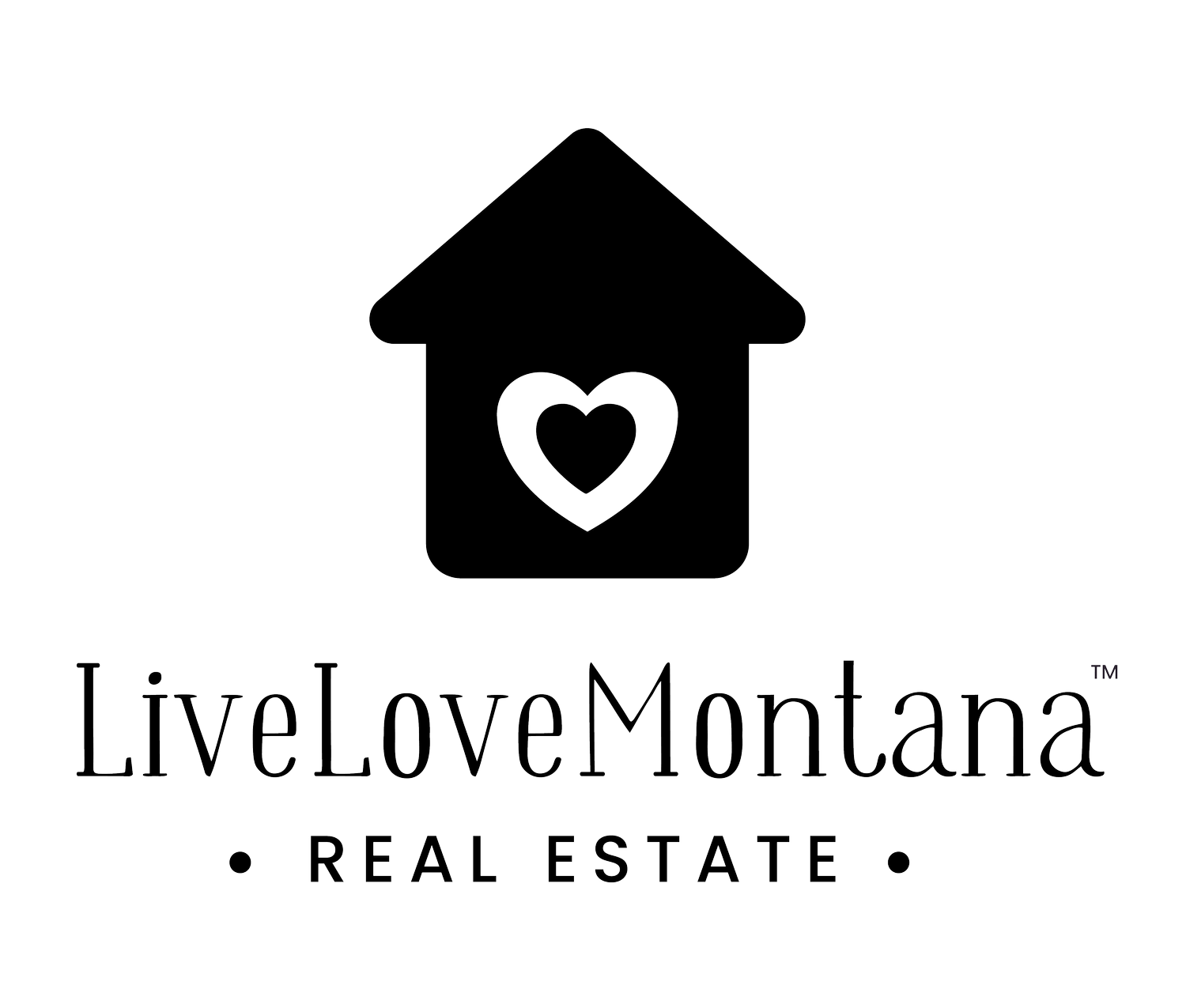FAQ
Frequently Asked Questions
Q. Can I buy a home and sell my current one at the same time?
A. Yes, you definitely can. Carey is a dual agent (working with both buyer and seller) and can help make the transition between selling and buying as smooth as possible.
Q. How do I prepare my home before I sell it?
A. Buyers want to see a clean home with lots of potential and few repairs. Before you sell, consider giving your entire house a deep clean and hiring an inspector to look for possible problems. See our Sellers Guide for a staging checklist.
Q. When is the best time to sell my home?
A. You may have heard the term “seller’s market” before. In a seller’s market, demand for homes rises and sellers can get a lot more money for their house. The following factors may contribute to a seller’s market:
Low inventory
Low interest rates
The possibility of interest rates rising in the future
Other economic factors may contribute to the market. Some cities may experience a seller’s market while other simultaneously experience a buyer’s market. Reach out to Carey for more information about the current state of the market.
Q. How long will it take to sell my home?
A. No one wants their house to sit on the market for too long. A house may take anywhere between 30-45 days to sell depending on the market. If a market is hot enough, sellers could find their home off the market within a week. If the market is slow (or the house is overpriced,) the number could reach triple digits. Exposure, negotiations, and the condition of the home will also affect its ability to sell fast.
Q. How can I figure out how much a home is worth?
A. Whether you are buying or selling, you may find yourself doing some Internet research to see the value of homes in the area. But before you accept the first number, know that not all online calculators are accurate. Everything from new appliances to construction down the street can affect your home’s value.
The best way to figure out your home’s current value is to reach out to local professionals. Real estate agents or professional appraisers can give you an estimate through a consultation or competitive market analysis.
Again, online calculators are just a rough estimate of your home’s value.
Q. What Is Earnest Money?
A. Earnest money is put down before closing on a house to show you’re serious about purchasing. It’s also known as a good faith deposit. Earnest money protects the seller if the buyer backs out. It's typically around 1% – 3% of the sale price and is held in an escrow account until the deal is complete. The exact amount depends on what’s customary in your market. If all goes smoothly, the earnest money is applied to the buyer’s down payment or closing costs.
Q. Are real estate prices negotiable?
A. Absolutely! There is usually a difference between a home’s list price (how much it is on the market for) and the sale price (how much it sells for.) In a seller’s market, buyers who want to negotiate should be careful. High demands leaves little wiggle room for negotiation. If you want to negotiate, contact me and we can discuss how best to proceed.
Q. How much of the sale price do I get?
A. Selling a home comes with a handful of costs. Expect to give up at least 10% of your home’s sale price. These costs include:
Inspections and repairs
Staging the house (and keeping the utilities running during open houses)
Closing costs
Costs to pay off your mortgage
Real estate agent commissions
Of all these costs, the real estate commissions are the highest. They can eat up around 6% of the sale price.
Q. I found a house… now what?
A. I will help walk you through writing an offer on your dream home and will then handle the negotiations. I am there for you, every step of the way. Check out our Buyers Guide for a step by step guide to home buying.
Q. When can I back out if I change my mind?
A. You can always back out of a deal, but you may have to forfeit the earnest money you put down with the offer. Earnest money is typically around 1%-2% of the home’s price.
Q. What are the most common types of financing?
A. Buying a house is far from simple, especially when it comes down to knowing what type of home loan to acquire. The three most common home loans: Conventional, FHA, and VA. Each loan come with its own set of requirements and regulations, each with their advantages and disadvantages.
Conventional loan. Conventional loans are not backed by the government. They are ideal for borrowers who have good or excellent credit and good debt-to-income ratio.
Veteran Affairs Loan. VA loans are offered to military service members and their families and backed by the U.S. Department of Veterans Affairs.
FHA Loan. An FHA loan is a mortgage insured by the Federal Housing Administration. With a minimum 3.5% down payment for borrowers with a credit score of 580 or higher, FHA loans are popular among first-time home buyers who have little savings or have credit challenges.
Q. Who pays closing costs?
A. Great question. Check out the link below.
